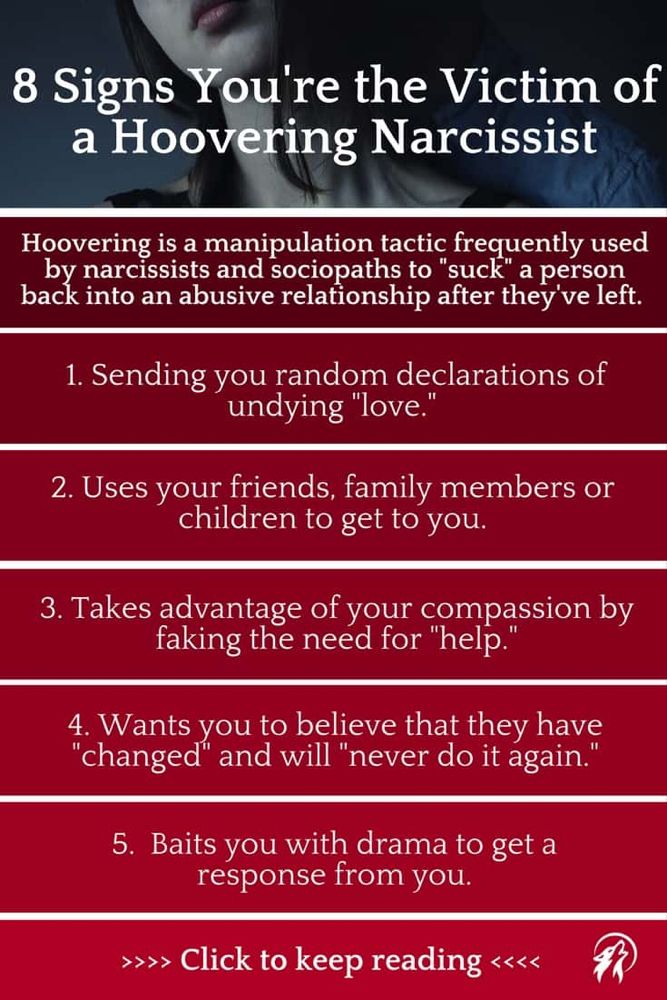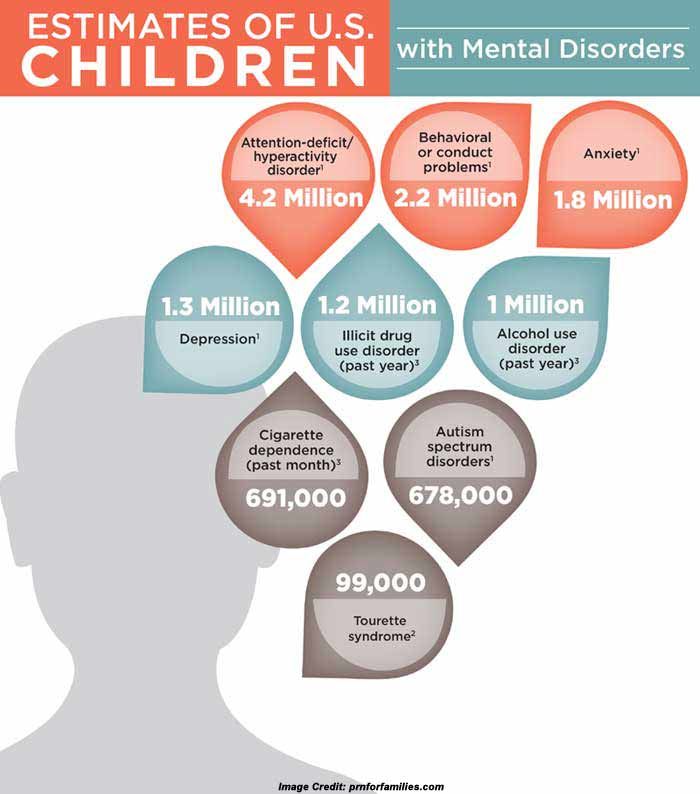Do psychologists really help
How to Know If You Need to Consult a Psychologist
Life is rarely without its challenges. There are some, however, that can be so overbearing that it seems impossible to move on.
Whether it’s the death of a loved one or overwhelming feelings of anxiety, it’s important you know that help is available for every problem life throws your way.
Learn about common reasons people see psychologists.
Death is an unavoidable part of life, but that doesn’t make it any easier to deal with. Everyone handles the loss of a loved one — whether a parent or a pet — differently.
Grieving openly or privately are both common, but avoiding the realities of loss can lead to longer, lingering problems.
A psychologist can help you find appropriate ways to cope with the death of someone close to you.
Certain facets of life are stressful, and many situations — from a job interview to relationship problems — can cause you to feel anxious.
Stress and anxiety, if left to fester, can lead to social isolation, depression, and a slew of other problems.
A psychologist can help you manage stress and anxiety by finding the source or cause of your problems, as well as appropriate ways to overcome them.
Overwhelming feelings of helplessness or hopelessness are common signs of depression.
While some people believe that you can just “snap out” of depression, it rarely occurs.
Depression is a common mental health disorder where people lose interest in things, experience fatigue, and often have trouble managing their emotions.
Psychologists can help you find the source of depression — often the first step to feeling better, along with helping with negative thought processes.
Being afraid of heights and spiders are common phobias, but some unusual and unfounded fears can create substantial problems in your life. For example, sitophobia (fear of eating) may lead to serious health problems.
An experienced psychologist can help you begin to overcome your fears so that you can live without polyphobia (fear of many things) or phobophobia (fear of fear).
Relationships, whether family, personal, or work-related, have their ups and downs. While relationships can be some of the best things in life, they can also be a source of stress and problems.
Working with a psychologist, either individually or in a group setting, can help iron out wrinkles that can form in even the strongest relationships.
Some unhealthy habits — such as smoking, drinking, and drug use — are often used to escape larger underlying problems or to self-medicate.
While your psychologist will help you get to those problems, they can also help you tackle the problems immediately facing your health, such as:
- addictions
- eating disorders
- stress management
- sleeping problems
Some of the most successful people achieve their goals by first visualizing them.
Athletes often mentally prepare for a competition with as much intensity as they physically train their body. Others use this technique to proactively prepare for challenging life events.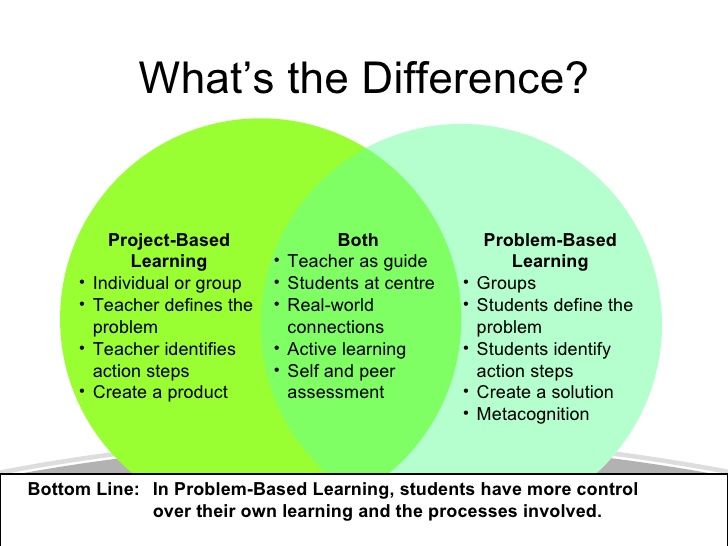
Just as you would rehearse a speech before giving it, your psychologist can help you prepare for big events so you can perform at your best, whether it’s the Olympics or a job interview.
A psychologist can help you improve your mental clarity by acting as an unbiased set of ears. Often, people find their own solutions just by hearing themselves talk out loud in therapy.
Simply getting their problems out in the open helps many people improve their mental clarity, be more able to concentrate, and become more task-oriented. Psychologists are trained to be great listeners.
Sometimes multiple symptoms are caused by larger problems.
Mental disorders can manifest themselves in several ways. They’re often disguised as something else and can only be uncovered with the help of a mental health professional.
Some mental disorders with varying symptoms include:
- bipolar disorder
- major depressive disorder
- schizophrenia
- post-traumatic stress disorder
A psychologist can be a helpful tool in your proverbial health kit.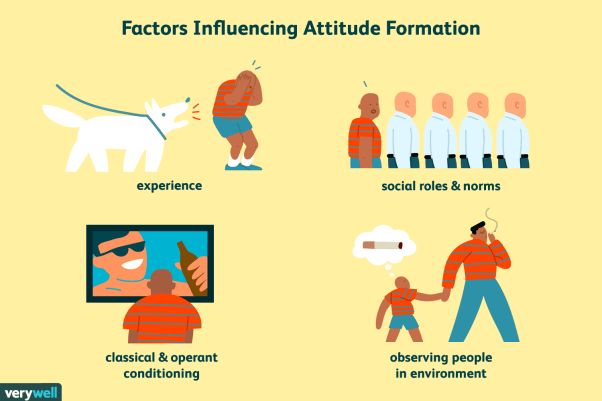
By helping you keep a clear mind and manage any stress, anxiety, phobias, and other problems you face, a psychologist can help you get the most out of life and keep you free from symptoms of depression and other mental health problems.
The first step is finding a local psychologist and beginning a relationship that’s open, communicative, and prosperous. After that, it’s all about working together to maximize your mental health and help you live a better life.
Accessing help
- Use the American Psychological Association’s psychologist locator.
- Search the Anxiety and Depression Association of America’s therapist directory.
- Find treatment with the Substance Abuse and Mental Health Services Administration’s behavioral health treatment locator.
- Check out this list on finding therapy for every budget.
- If you’re experiencing a crisis, think you may harm yourself, or are having thoughts of suicide, reach out to the National Suicide Prevention Lifeline at 800-273-8255.

How to Know If You Need to Consult a Psychologist
Life is rarely without its challenges. There are some, however, that can be so overbearing that it seems impossible to move on.
Whether it’s the death of a loved one or overwhelming feelings of anxiety, it’s important you know that help is available for every problem life throws your way.
Learn about common reasons people see psychologists.
Death is an unavoidable part of life, but that doesn’t make it any easier to deal with. Everyone handles the loss of a loved one — whether a parent or a pet — differently.
Grieving openly or privately are both common, but avoiding the realities of loss can lead to longer, lingering problems.
A psychologist can help you find appropriate ways to cope with the death of someone close to you.
Certain facets of life are stressful, and many situations — from a job interview to relationship problems — can cause you to feel anxious.
Stress and anxiety, if left to fester, can lead to social isolation, depression, and a slew of other problems.
A psychologist can help you manage stress and anxiety by finding the source or cause of your problems, as well as appropriate ways to overcome them.
Overwhelming feelings of helplessness or hopelessness are common signs of depression.
While some people believe that you can just “snap out” of depression, it rarely occurs.
Depression is a common mental health disorder where people lose interest in things, experience fatigue, and often have trouble managing their emotions.
Psychologists can help you find the source of depression — often the first step to feeling better, along with helping with negative thought processes.
Being afraid of heights and spiders are common phobias, but some unusual and unfounded fears can create substantial problems in your life. For example, sitophobia (fear of eating) may lead to serious health problems.
An experienced psychologist can help you begin to overcome your fears so that you can live without polyphobia (fear of many things) or phobophobia (fear of fear).
Relationships, whether family, personal, or work-related, have their ups and downs. While relationships can be some of the best things in life, they can also be a source of stress and problems.
Working with a psychologist, either individually or in a group setting, can help iron out wrinkles that can form in even the strongest relationships.
Some unhealthy habits — such as smoking, drinking, and drug use — are often used to escape larger underlying problems or to self-medicate.
While your psychologist will help you get to those problems, they can also help you tackle the problems immediately facing your health, such as:
- addictions
- eating disorders
- stress management
- sleeping problems
Some of the most successful people achieve their goals by first visualizing them.
Athletes often mentally prepare for a competition with as much intensity as they physically train their body. Others use this technique to proactively prepare for challenging life events.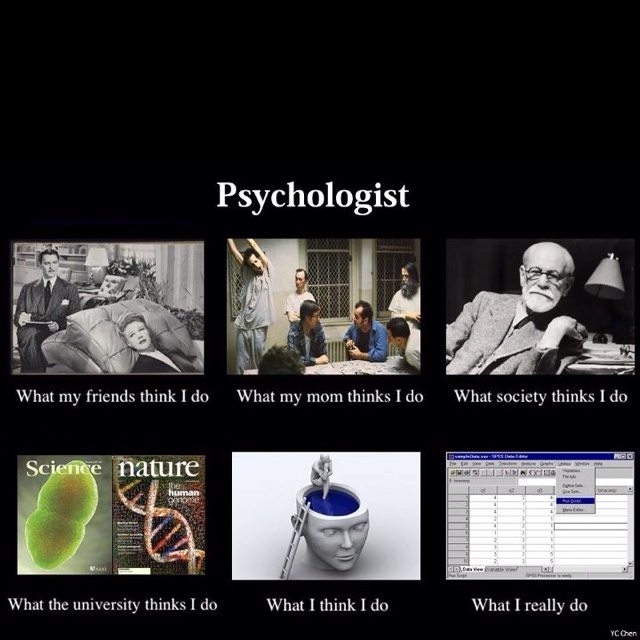
Just as you would rehearse a speech before giving it, your psychologist can help you prepare for big events so you can perform at your best, whether it’s the Olympics or a job interview.
A psychologist can help you improve your mental clarity by acting as an unbiased set of ears. Often, people find their own solutions just by hearing themselves talk out loud in therapy.
Simply getting their problems out in the open helps many people improve their mental clarity, be more able to concentrate, and become more task-oriented. Psychologists are trained to be great listeners.
Sometimes multiple symptoms are caused by larger problems.
Mental disorders can manifest themselves in several ways. They’re often disguised as something else and can only be uncovered with the help of a mental health professional.
Some mental disorders with varying symptoms include:
- bipolar disorder
- major depressive disorder
- schizophrenia
- post-traumatic stress disorder
A psychologist can be a helpful tool in your proverbial health kit.
By helping you keep a clear mind and manage any stress, anxiety, phobias, and other problems you face, a psychologist can help you get the most out of life and keep you free from symptoms of depression and other mental health problems.
The first step is finding a local psychologist and beginning a relationship that’s open, communicative, and prosperous. After that, it’s all about working together to maximize your mental health and help you live a better life.
Accessing help
- Use the American Psychological Association’s psychologist locator.
- Search the Anxiety and Depression Association of America’s therapist directory.
- Find treatment with the Substance Abuse and Mental Health Services Administration’s behavioral health treatment locator.
- Check out this list on finding therapy for every budget.
- If you’re experiencing a crisis, think you may harm yourself, or are having thoughts of suicide, reach out to the National Suicide Prevention Lifeline at 800-273-8255.

How can a psychologist help | How does a psychologist help a person
Introduction
When your friend or girlfriend says: “Today it will not be possible to meet - I have a consultation with a psychologist”, what thoughts appear in your head? Most likely:
- Mental problems?
- Serious relationship problems? (Divorced?)
- Trying to get rid of an addiction?
- Maybe some problems in the family?
Usually these reasons are not true. After all, the term “psychologist” often leads to negative thoughts unfairly. In psychology, there are many different approaches: from psychodynamic therapy for depression to existential therapy, which helps to find the meaning of life.
If you're thinking about going into psychotherapy but don't understand how it works, check out this free onboarding course. All the answers and useful additional materials are there.
And although there are methods designed to work with various mental disorders - panic attacks, neuroses, stress and other conditions - many approaches are aimed at simply improving the quality of everyday life.
So how can a psychologist help a healthy person? Here are four interesting reasons why people are increasingly going to psychotherapy:
1. Solving problems at work
Growing up is very difficult - once you start working, it seems that even time is against you. Work is often accompanied by a serious mental load, it becomes difficult to understand the endless stream of thoughts. Stress due to overload leads to a breakdown and breakdowns. A change of work also creates an increase in the load on the mind. And then there are people who call themselves workaholics and just can't leave the office.
A good psychologist is able to identify situations that can be harmful to health and work. Fortunately, many people turn to specialists in time. Psychologists help them cope with such situations so that negative emotions do not appear, work and family are saved, and one-time difficulties are forgotten.
2. Relationship problems
When a couple goes to see a psychologist, it doesn't necessarily mean that the relationship is falling apart.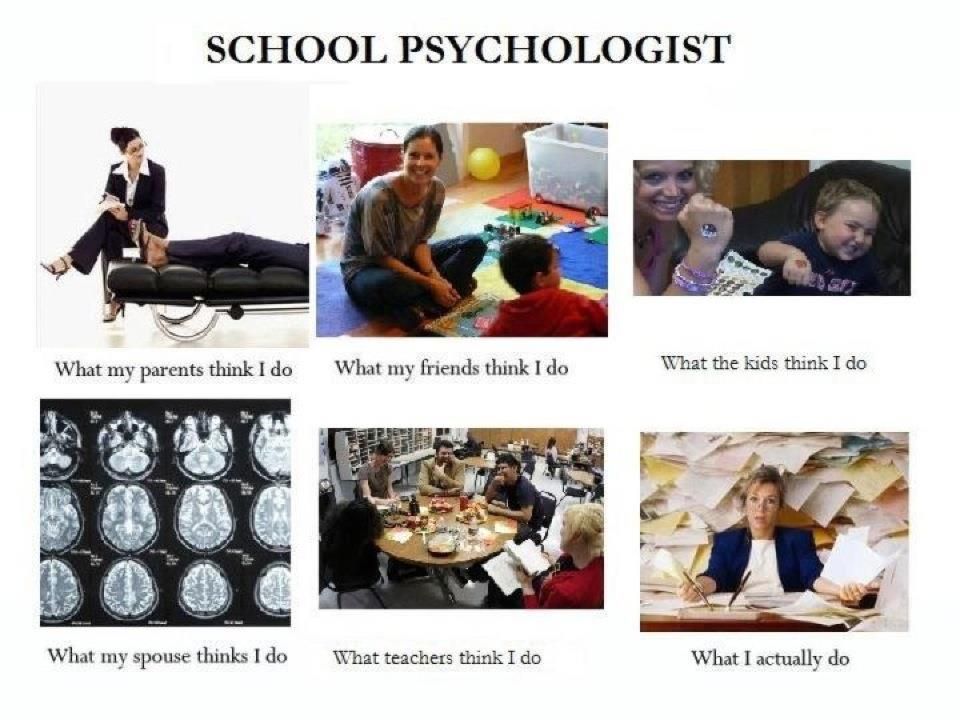 Often partners just want to strengthen them. Psychotherapy is not limited to romantic relationships - sometimes it even extends to simple friendships. Nobody is perfect, and in a couple it is not always possible to find a common language with each other.
Often partners just want to strengthen them. Psychotherapy is not limited to romantic relationships - sometimes it even extends to simple friendships. Nobody is perfect, and in a couple it is not always possible to find a common language with each other.
For such couples, sessions with a psychologist are a way to open up new possibilities of communication with the help of an intermediary. Couple therapy or family therapy, depending on the topics discussed, may consist of elements of a systems approach, person-centered therapy, transactional analysis, gestalt therapy and CBT.
The consent of a person to participate in psychotherapy is a big step in strengthening the relationship. Both parties want to share their thoughts and feelings openly and honestly, which can be very helpful, especially when the relationship is just getting started. Therapists can point out obstacles and keep your relationship, both platonic and romantic, happy and healthy.
3. Support for parenting
Like work and relationships, parenting is far from easy. The problems of raising children are universal. Everyone is stressed about this and thinking about how to become better parents.
The problems of raising children are universal. Everyone is stressed about this and thinking about how to become better parents.
Psychologists are able to check your behavior as a parent, and also to identify difficulties in a child. Family therapists can come up with suggestions to help resolve growing problems. Often, a psychologist advises parents to periodically be distracted from parental duties in order to recover. Consultations with a psychologist can help achieve this goal. With its help, it will be possible to get rid of difficulties and gain mutual understanding in communicating with children.
4. Understand and accept yourself
Sometimes we all need the voice of reason to challenge negative inner thoughts. People go to a psychologist for a positive opinion that can push them to accept themselves - this is exactly what a professional psychologist will help with.
It is psychotherapy that is the best way to get a real idea of the world and yourself.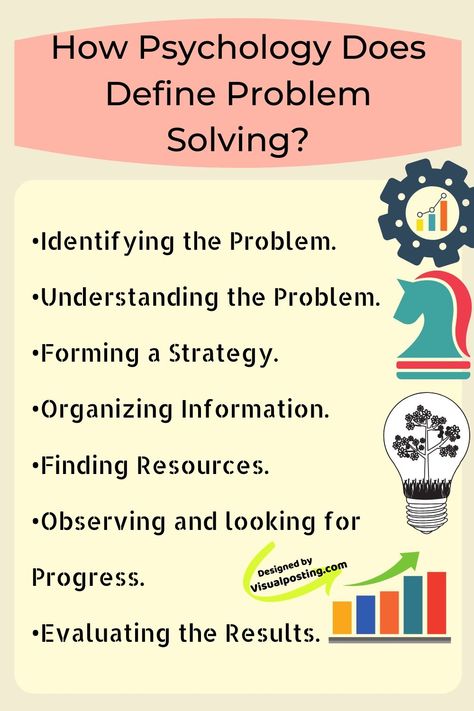 Sometimes the truth about who you really are is even more pleasant than it seems at first glance. Often people consider classes with a psychologist primarily as a treatment for various mental disorders. However, those who require psychotherapy do not always have disorders in their usual sense. Very often, such people are simply looking for new ways to improve their lives.
Sometimes the truth about who you really are is even more pleasant than it seems at first glance. Often people consider classes with a psychologist primarily as a treatment for various mental disorders. However, those who require psychotherapy do not always have disorders in their usual sense. Very often, such people are simply looking for new ways to improve their lives.
Do psychologists help? Why do citizens need a psychologist
- home
- Articles
- Do psychologists help or why you need to contact a specialist
Any person has to face situations in his life that can unbalance him.
Psychological consultation as a type of independent professional practice appeared in our country not so long ago.First, various psychological tests appeared, then career guidance consultations, and only then did practical psychology slowly begin to develop.
In those days, most people had absolutely no idea what the help of a psychologist should be and how a psychologist differs from a psychotherapist or a psychiatrist. Gradually, the situation changed, psychological centers and staff positions appeared, such as “organizational psychologist” or “school psychologist”. Today, interest in psychology is very high and this is not surprising. After all, psychology covers almost all spheres of human life: work, personal life, creativity, communication, health.
Today, many people have experience of communicating with psychologists. And the development of information networks has made this communication even more accessible. But until now, the word "psychologist" causes a feeling of subconscious fear in some people. In addition, at the initial appointment, people do not always understand what exactly the help of a psychologist is. Both a client with a real problem and a person who just wants to become happier can come to a consultation with a specialist. Here to pass the separation of two different areas of psychology - psychotherapy and coaching. If a person says, “I’m basically fine, but I want it to be better,” that’s coaching. But the phrase “I feel bad, I don’t know what to do,” says that you need to work with psychotherapy. But, despite the fact that these are different areas of psychology, the way psychotherapy and coaching work are very similar.
Both a client with a real problem and a person who just wants to become happier can come to a consultation with a specialist. Here to pass the separation of two different areas of psychology - psychotherapy and coaching. If a person says, “I’m basically fine, but I want it to be better,” that’s coaching. But the phrase “I feel bad, I don’t know what to do,” says that you need to work with psychotherapy. But, despite the fact that these are different areas of psychology, the way psychotherapy and coaching work are very similar.
For example, one person wants to muster up the courage to positively prove himself as a leader and get a director's position, while another cannot find a job because he is afraid of people and does not know how to communicate. In both cases, the help of a psychologist will consist in introducing a person to his potential, in working on a new look at the situation. But in the first case, coaching will help, and in the second, psychotherapy.
To destroy one's stereotypes, most often it is not enough to hear the opinion "from outside". The wisest decision is the decision found by the person himself, because only he knows how to do the right thing. Therefore, the help of a specialist is to create certain conditions for knowing oneself and the world. A new look at the situation is the basis for rethinking stereotypes and in itself means a solution to the problem.
The wisest decision is the decision found by the person himself, because only he knows how to do the right thing. Therefore, the help of a specialist is to create certain conditions for knowing oneself and the world. A new look at the situation is the basis for rethinking stereotypes and in itself means a solution to the problem.
Reasons for visiting a psychologist
These can be both minor troubles at work and parting with a loved one, as well as other problems that can be encountered by everyone. This affects not only health, but also mental state. The human psyche is very unstable and any incident can affect it, lead to mental disorders and mental trauma. Therefore, great importance should be given to the mental state and mental balance.
What should you do if something happens in your life that unsettles you, that can cross out your whole life? Gloomy thoughts increasingly began to visit you, and depression does not allow you to live happily. In this case, it is best to contact a psychologist.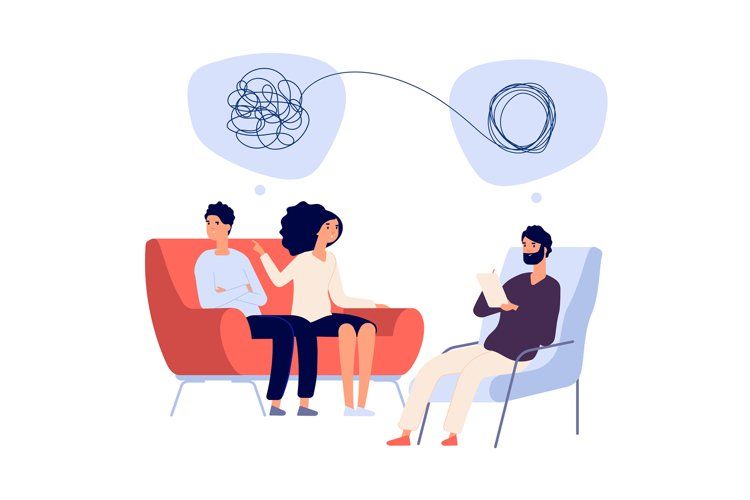 Such a person, who has a neutral attitude to your problem, will help bring your mental state back to normal and forget about all the problems that have happened, find the right way out of the situation that has arisen.
Such a person, who has a neutral attitude to your problem, will help bring your mental state back to normal and forget about all the problems that have happened, find the right way out of the situation that has arisen.
If you regularly visit a psychologist, then the cause of stress will also disappear. In the West, people have realized the benefits of communicating with a psychologist and every week they visit their specialist, telling him about problems and happy moments.
Psychologists are different. A family psychologist can help resolve all family disputes. It is very useful from the very beginning of the family to regularly contact a family psychologist in order to make the union as strong as possible. A neutral person can adequately assess the current situation in the family and find the right solution. A child psychologist will help the mental and mental development of the child. Children grow by leaps and bounds; every day they are waiting for new discoveries that can change the world of a child.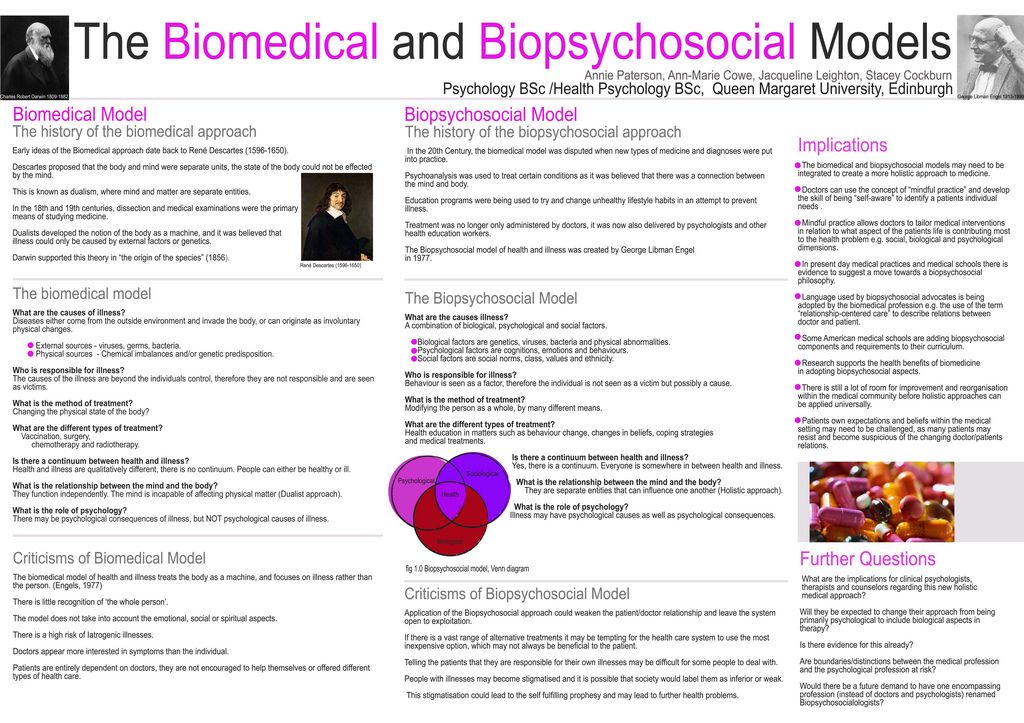
Unfortunately, these discoveries are not always positive. They can negatively affect the child, cause such emotions as envy and hatred. Children's envy is much more pronounced than an adult's, not to mention hatred. The psychologist is able to prepare the child for these discoveries, to keep his spiritual world safe and sound. You just need to devote a few days a month to visits to a psychologist. A child psychologist will help the child cope with all the difficulties and avoid mental disorders. Do not be afraid to contact a psychologist, he will help you make your life as bright and happy as possible.
Many of us ask this question in response to a request to see a specialist. They say, “Why do I need a psychologist? This is my problem, I have to solve it myself. I remember that even 100 years ago no one even knew about such a profession, and people lived quite tolerably. Well, let's try to figure out if there is a grain of truth in these arguments.
Yes, even 100 years ago, when a person in his entire life learned as much information as is now published in a week in the Times newspaper, he could afford to reflect on his own destiny. And even then, ordinary townspeople and peasants, forced to plow for pennies, could not manage their time so imposingly. They were not affected by the midlife crisis and any kind of depression, if only because they did not have a sufficient level of education for this.
And even then, ordinary townspeople and peasants, forced to plow for pennies, could not manage their time so imposingly. They were not affected by the midlife crisis and any kind of depression, if only because they did not have a sufficient level of education for this.
The flow of information that falls on a person every day is enormous. It is estimated that in 2011 as much unique information was generated in the world as was not created in the previous 5000 years. A person who finds himself in a situation of constant information bombardment does not find time to analyze his own problems, to find their solution. In today's dynamic world, where the one who runs faster and grasps earlier is full, one cannot stop to think about one's inner world. Now a person is in some way a prisoner of the modern world, which does not allow him to see into the root of his problems.
Therefore, when a modern person is faced with personal problems, with depression, a crisis, he often cannot understand the cause of this condition. In this case, the only way out of the situation is to consult a psychologist. A competent specialist will help a person determine the true causes of problems and successfully cope with them. In addition, with experience and various types of techniques, a psychologist will quickly recognize your problem and you will spend much less time solving it than if you were trying to deal with it yourself.
In this case, the only way out of the situation is to consult a psychologist. A competent specialist will help a person determine the true causes of problems and successfully cope with them. In addition, with experience and various types of techniques, a psychologist will quickly recognize your problem and you will spend much less time solving it than if you were trying to deal with it yourself.
The point is also that the range of problems that fall on a person today is much wider than the ready-made scenarios for their solution. Very often we are faced with situations that are new to us and cannot, without outside help, determine how to solve them without consequences for our own mental health and the health of our loved ones. A psychologist's consultation, at least a one-time one, will help you develop a line of conduct in the event of an unexpected, new problem for you.
Who needs the help of a psychologist and why
Thinking, imagining, thinking about something - a person has been delighted with such abilities since childhood. And often they bring considerable difficulties. When a person faces external problems, he suffers internally - these problems are called psychological. But not everyone, faced with similar situations, realizes that they need the help of a psychologist.
And often they bring considerable difficulties. When a person faces external problems, he suffers internally - these problems are called psychological. But not everyone, faced with similar situations, realizes that they need the help of a psychologist.
Today, there are many stereotypes about the work of psychologists, but you should not take them into account, as they are far from the truth. Many people confuse a psychologist and a psychiatrist. These are completely different specialties. After all, a psychologist provides assistance to absolutely healthy people, helping them solve a particular problem. This is the kind of friend, colleague, relative to whom you can share all your worries. Also, do not think that this is just a “paid vest”. A good psychologist will not only listen to you, but, judging by your conversation, find out the root of the problem itself and help you deal with it.
Psychological assistance includes:
- personality problems.
 It can be a feeling of depression, low self-esteem, depression, resentment. This is where deep therapy and Jungian analysis come into play;
It can be a feeling of depression, low self-esteem, depression, resentment. This is where deep therapy and Jungian analysis come into play; - if there are any conflicts or troubles in the family, then the effective method of family constellations by Bert Hellinger is applied;
- very responsibly one should approach the still unformed fragile psyche of the child. Sand therapy, fairy tale therapy will be appropriate here. This will help the child to be more free. I would like to note that some methods here are applicable to adults;
- Today, many are dissatisfied with their work. Such dissatisfaction can lead to depression, as well as bring a sense of self-doubt. The help of a psychologist will help you resolve the issue of changing your profession.
We will briefly touch on the last point, work. It is very rare to meet a person who would be happy from his work and at the same time earn a good living. More often than not, it's just a way to earn a living. Many have the opportunity to change their profession, but only a few decide. Yes, this is indeed a difficult decision that requires not only an incentive, but also the support of a professional psychologist. Work takes up a large part of our lives, sometimes we have to spend more time at work than at home. Therefore, a psychologist will help you not only decide on a change of profession, but also help you choose the maximum option where you could work.
Many have the opportunity to change their profession, but only a few decide. Yes, this is indeed a difficult decision that requires not only an incentive, but also the support of a professional psychologist. Work takes up a large part of our lives, sometimes we have to spend more time at work than at home. Therefore, a psychologist will help you not only decide on a change of profession, but also help you choose the maximum option where you could work.
Do psychologists help? Why you need a psychologist consultation
Many people are afraid to consult a psychologist, even when there is an urgent need for it. For some reason, there was a strong opinion that only weak people needed the help of a psychologist.
But if you think about how much spiritual strength a person needs in order to consciously recognize the need for psychological help, then here, probably, the conclusion suggests itself that not so weak people go to a psychologist. Only a strong person is able to admit that he needs professional psychological help, only a strong person is able to accept it.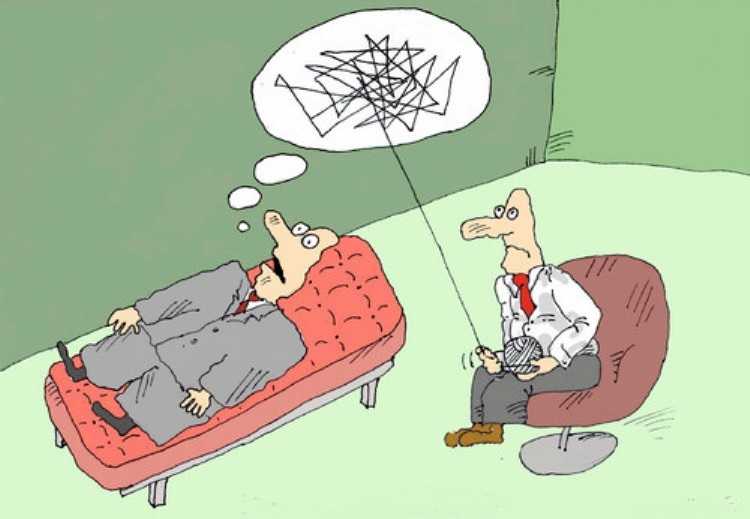 A strong personality is able to understand and seek a solution to his problem, and not hide behind the prevailing wrong stereotypes. It is important to understand that a psychologist works only with mentally healthy people. So, if you turned to a specialist to solve a problem that has arisen, you are absolutely healthy, just a situation has arisen when you cannot cope with it on your own. You are unhappy at the moment.
A strong personality is able to understand and seek a solution to his problem, and not hide behind the prevailing wrong stereotypes. It is important to understand that a psychologist works only with mentally healthy people. So, if you turned to a specialist to solve a problem that has arisen, you are absolutely healthy, just a situation has arisen when you cannot cope with it on your own. You are unhappy at the moment.
In fact, it is quite difficult to determine what prevents you from living. First you need to understand what has been bothering or annoying you lately. It could be a week, a month or even a year. You need to think about whether some situation was repeated more than once, which constantly led to the same thing, to a quarrel with others, resentment, misunderstanding, feelings of guilt, anger, etc.? Was there a conflict or situation after which there was complete uncertainty, weakness, uselessness or indifference?
It is known that for us the opinion of others is often of great importance, but people close to us cannot be objective. They love us, worry about us and, finally, just feel sorry for us. If you do not sleep well at night, you experience constant anxiety, you have lost all hope. Only you know what is going on inside you. Therefore, it is up to you to decide whether to help yourself or not.
They love us, worry about us and, finally, just feel sorry for us. If you do not sleep well at night, you experience constant anxiety, you have lost all hope. Only you know what is going on inside you. Therefore, it is up to you to decide whether to help yourself or not.
But having decided to help a psychologist, do not think that he should decide everything for you. The psychologist helps to realize what is happening, to understand more deeply and direct to solving the problem. A good specialist will help you better understand yourself and find the right solution. Therefore, it is important to choose a psychologist that you will trust. The success of working with a psychologist, first of all, depends on your personal desire to get rid of a depressing state or painful problem, as well as faith in a person who will help you. After all, it is so important for a good psychologist to see positive changes in their wards.
When is the help of a psychologist needed?
At different periods of life, a person may need to get the help of a psychologist. This will help solve numerous questions, as there are many directions here. A family psychologist will help to understand the solution of family problems, a child psychologist will successfully work with a small child, and a teenage psychologist will work with an older one.
This will help solve numerous questions, as there are many directions here. A family psychologist will help to understand the solution of family problems, a child psychologist will successfully work with a small child, and a teenage psychologist will work with an older one.
In many educational institutions, the position of a school psychologist has now been introduced, which prepares the child for faster adaptation to a new environment and successful infusion into the team, helps to reveal their creative potential and learning ability. A clinical psychologist helps to cope with emotional experiences.
Some people prefer to have a personal psychologist, who is convenient to contact at any moment when you feel spiritual discomfort. It will not allow crisis moments to develop, a feeling of incomprehensible anxiety and unreasonable anxiety will quickly disappear, you will again have joy and satisfaction in life, and all decisions, even seemingly impossible ones, will be made easily and successfully completed.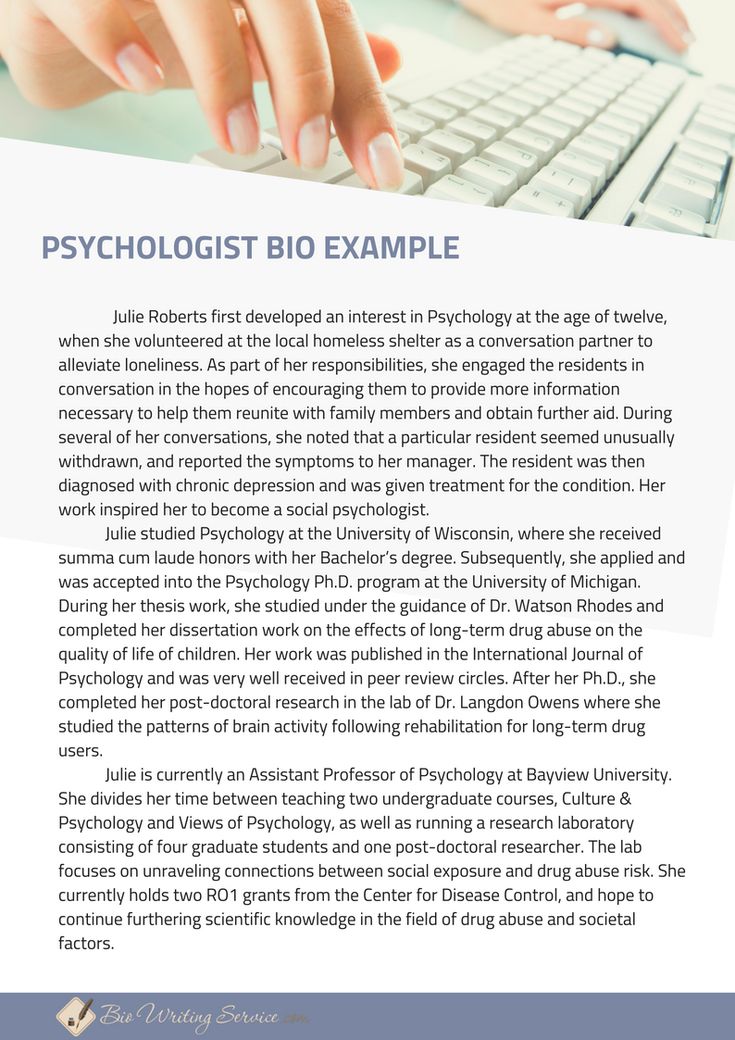
Usually, faced with overwork, having a nervous breakdown and, as a result, getting stressed and falling into apathy, a person begins to self-medicate. He again tries to plunge headlong into work, loading himself more and more and at the same time stimulating him with countless strong coffee drinks or, even worse, psychotropic drugs. Some "treat" themselves with excessive drinking or simply do not get out of bed. In any case, this does not solve the problem.
Often a person is engaged in such self-treatment, and does not turn to the help of a psychologist, just because he has a banal feeling of fear that the problem is out of his personal control. Many people believe that this kind of treatment to specialists will call into question his psychological health, which will lead to public publicity.
But in our time, everything is not so, abroad it is considered bad form not to visit a psychologist. It has long been clear that in this case everything is confidential, and the result is simply wonderful!
Recently, in our country, people have also realized that it is simply impossible to do without a professional in this matter and it is better to entrust him to help sort out all the difficulties that have arisen, solve problems and give yourself the opportunity to continue to live a calm, full life.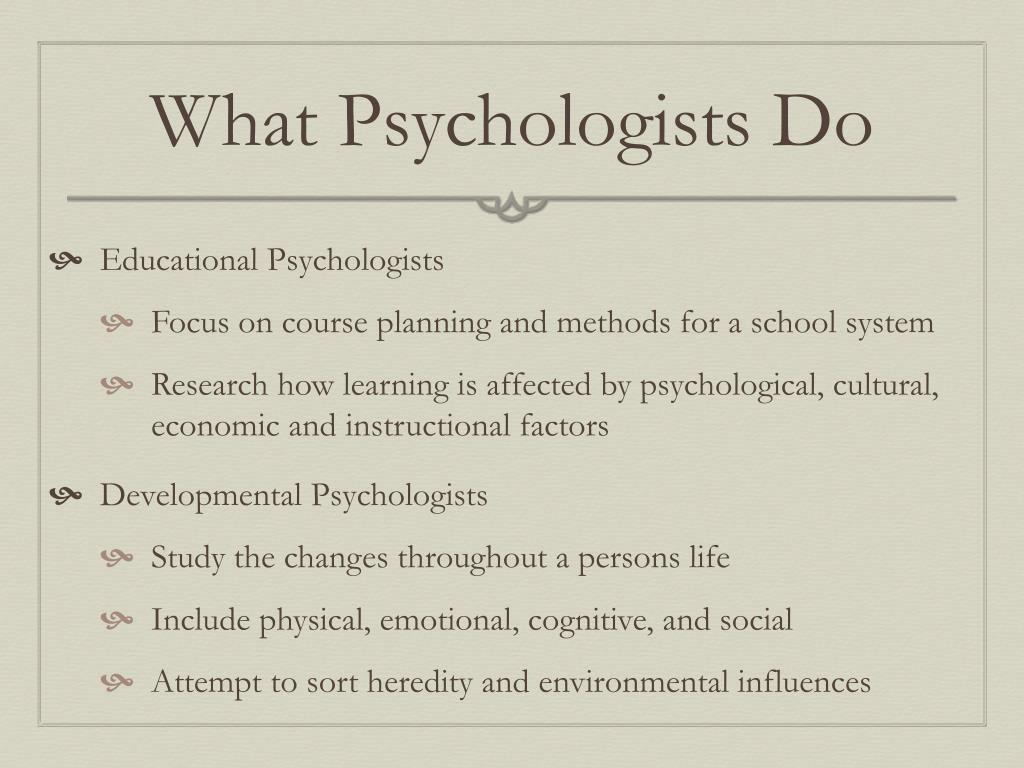
How can a psychologist help?
The profession of a psychologist has been around for a long time, especially in big cities, metropolitan areas, where the conditions of modern life are full of various events, experiences, and stresses. All this happens in the workplace, in transport, at home.
It happens that it is very difficult for a person to cope with his anxieties and feelings alone, and he goes to a specialist, believing that a psychologist can help everyone quickly. But, unfortunately, this is not always the case. And first of all, you need to understand that a psychologist is the same person as all of us. He also worries, falls in love, quarrels with someone and puts up, makes mistakes and does many other things that are inherent in an ordinary person.
While learning his profession, a psychologist has to improve himself, be able to find ways to solve life's problems and difficulties. He learns to understand himself, to understand himself, so that later he will be able to comprehend the depths of human souls.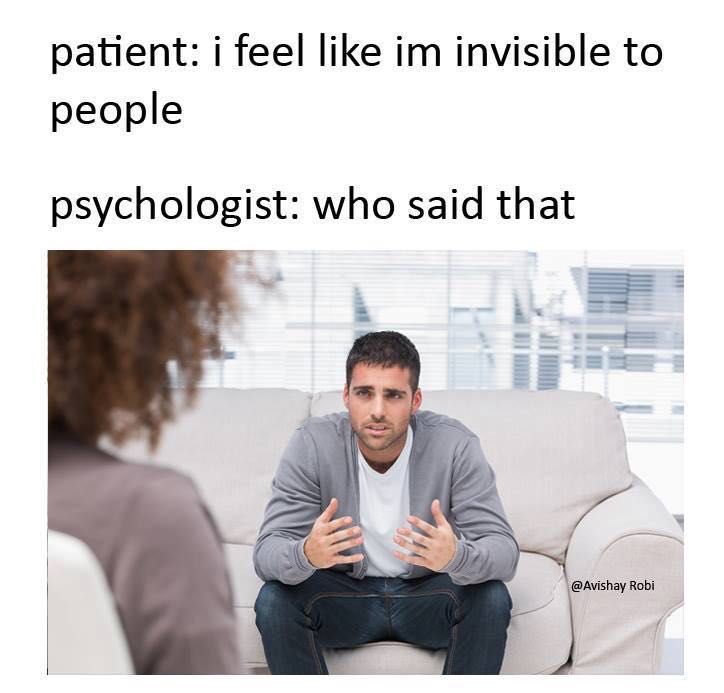 To become a specialist, only theoretical knowledge obtained during training is not enough. To obtain specialization, he will have to go through a long personal analysis. And even, already in the course of his practice, he will visit his personal psychologist.
To become a specialist, only theoretical knowledge obtained during training is not enough. To obtain specialization, he will have to go through a long personal analysis. And even, already in the course of his practice, he will visit his personal psychologist.
Psychological assistance is quite multifaceted and it is simply impossible to cover everything for one person. Therefore, specialists have to choose the profile of their activity, for example, someone becomes a child psychologist, someone becomes a family psychotherapist.
When choosing a good psychologist, the education and work experience of a specialist play a major role. But these are not all the criteria by which a psychologist should be chosen. All psychotherapists help, but everyone is different. Some choose hypnosis, others prefer soft methods - art therapy, psychoanalysis, etc. Therefore, when choosing a psychologist, take an interest in what areas, methods in his work, ask to introduce you a little to the course of these methods. Pay attention to whether you are comfortable enough, whether you feel mutual understanding of this specialist.
Pay attention to whether you are comfortable enough, whether you feel mutual understanding of this specialist.
Keep in mind that a good psychologist has strengths and weaknesses. Someone can easily solve the problem of childhood, a family problem, and someone copes well with addictions, phobias, fears.
A good psychologist will help determine the number of consultations to solve the problem, set the person up and be able to provide assistance so that the person will soon feel relief and improve his life.
Indeed, why do we need a psychologist? Cry, share experiences? But that's what friends are for. Not always, of course, there is, but almost. It's cheaper to cry with friends. Often you can even meet understanding, sympathy on their part. Although, in truth, most likely, you are already quite fed up with them with your problems.
A psychologist can not only be attentive, sympathetic, he must be. Moreover, he should give you what you, in fact, came for - changes in your life.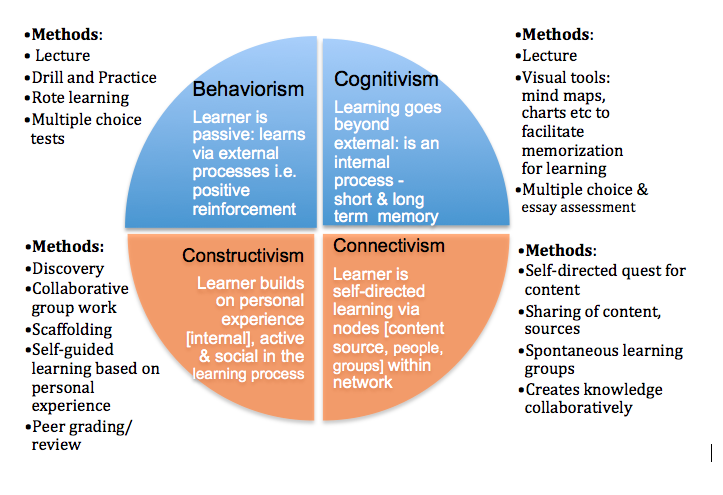 People go to a psychologist, first of all, for information about the root of the problem. And this information helps to change life for the better. After the work of a specialist, we see a concrete result.
People go to a psychologist, first of all, for information about the root of the problem. And this information helps to change life for the better. After the work of a specialist, we see a concrete result.
For a professional, empathy, that is, empathy, is only the initial stage of work, which allows you to establish a trusting relationship with a client. To subsequently, by applying certain methods, to get real changes. But for a friend, empathy is both the alpha and omega of help. There are no major changes in a person's life. Of course, we are not talking about all cases. Sometimes it can be the other way around.
To whom to go, it is up to the person to decide. A psychologist is, one might say, a specialist in mental well-being. If you do not turn to it periodically, you will undoubtedly live, but in this case it is difficult to count on a stable peace of mind.
Every day we have some kind of trouble: either the car breaks down, or the plumbing will fly, or the tooth hurts. And in such cases, when we can’t do it on our own, we go to specialists. This is fine! But the soul is a much more vulnerable area of our being than those areas for which plumbers and car service workers are responsible. And we need a spiritual doctor throughout our lives. But, as always, a little ashamed, a little scary. And then pay more money. Yes, it's hard to go against yourself. Habit is a serious matter. But you need to understand that every new day moves more and more away from spiritual comfort. Why is that? Because problems, like a snowball, accumulate and eventually become huge psychological complexes.
And in such cases, when we can’t do it on our own, we go to specialists. This is fine! But the soul is a much more vulnerable area of our being than those areas for which plumbers and car service workers are responsible. And we need a spiritual doctor throughout our lives. But, as always, a little ashamed, a little scary. And then pay more money. Yes, it's hard to go against yourself. Habit is a serious matter. But you need to understand that every new day moves more and more away from spiritual comfort. Why is that? Because problems, like a snowball, accumulate and eventually become huge psychological complexes.
But the good news is that in order for the soul to always be in order, you just need to visit a psychologist regularly. Of course, this is not enough. Philosophical problems have not been canceled. But everyone is responsible for their own area of activity. And psychologists are very good for their own.
A professional psychologist is useful, but is a psychologist needed?
Sometimes events happen in life that you can’t cope with alone, and talking with a friend “heart to heart” does not relieve internal tension.How to get out of this situation, who will help heal the "mental wound" or cut the "Gordian knot"? The answer is unequivocal and comes without delay: the help of a psychologist is, in fact, the only way out of a life crisis.
A professional psychologist is a person who has received a special education, which implies not only psychological support, but also a respectful, attentive attitude towards the client. Working with a psychologist, you begin to understand the origins of problems, the personal characteristics that led to the emergence of difficulties, which means that there is a real opportunity to relieve accumulated stress, get to know yourself better, change your behavior and attitude to the prevailing circumstances.
It must be remembered that a healthy lifestyle is not only about healthy food and body care, but also about the psychological state. Our negative and positive emotions affect our health sometimes more than external physical influences. Therefore, if you want your life to be full, to be in harmony with yourself and others, do not neglect your mental health.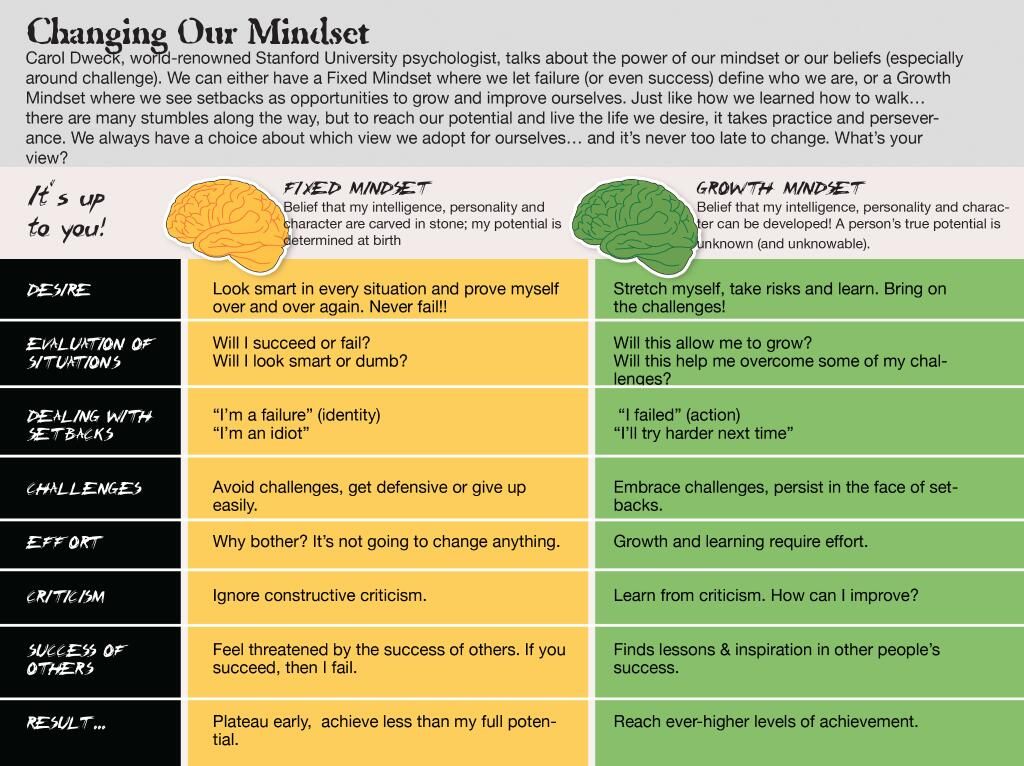
What exactly is psychological help? Firstly, it is an individually built plan of work with the client, depending on the existing problem. The psychologist shares his knowledge and experience with you, helps you understand yourself, skillfully builds a dialogue, leading you to an independent understanding and solution of the problem that has arisen. And although no one can give a 100% guarantee that everything will be resolved in the best possible way, the fact that you will begin to change (as far as it depends on you) is already a lot. Secondly, it is also not possible to give you advice for all occasions. This is the help of a psychologist, so that you can understand yourself and your feelings, understand what you really want, what you lack to achieve your goals and make the right decisions. A psychologist can give recommendations about whether it is necessary to talk about something intimate and if “yes”, then how best to do it or how to act in a given situation.
Thus, it becomes clear that mentally absolutely healthy people turn to a psychologist. Mentally ill people are treated by a psychiatrist. Don't be afraid to make the decision to visit a psychologist's office. Professionals are always happy and ready to help you even if the issue does not require deep study.
Mentally ill people are treated by a psychiatrist. Don't be afraid to make the decision to visit a psychologist's office. Professionals are always happy and ready to help you even if the issue does not require deep study.
The reason why we turn to a psychologist is simple and obvious: we want our life to change for the better, we want to start the life of a happy person, in whose soul a feeling of psychological comfort reigns. Sometimes in a difficult situation, just a conversation with a loved one you trust or use advice from the literature on psychology helps.
But time passes, but the life situation does not change and becomes even more difficult. And then in search of real help we go to a psychologist. Such a decision is not made because we cannot cope with our problems ourselves, we do not have enough intelligence or willpower, no. Any person with a certain level of intelligence understands that the psychological roots of our problems are in the depths of the subconscious, and only a professional psychologist can see and help us get rid of the problem completely, and not “heal with a kind word.”
A person who has decided to turn to a psychologist already has a developed sphere of emotions, the ability to empathize, doubts about his rightness, the need for self-improvement, and hence the desire to achieve more in life. This is where the internal conflict arises, being at the same time the driving force behind the development of the individual. Thus, the joint task of the psychologist and the client is to work on the transition of the conflict into a creative beginning. In the process of work, the psychologist uses the information received from the client. At times, the careless use of this information can harm both the individual and the whole family, team, and the authority of psychology itself. That is why a professional psychologist, strictly observing the rules of psychological ethics, develops proposals and recommendations on an individual basis.
Getting to work, the specialist conducts psychodiagnostics and after that he stops at one of the types of psychological assistance. The types of psychological assistance include psychotherapy, psychological correction, psychological rehabilitation, psychological counseling, psychological training and education, as well as psychological prevention and mental hygiene. Turning to a professional psychologist, you can be sure that one of the types of psychological assistance will be chosen specifically for you, which means that after working with a psychotherapist, you will not only be able to solve your problems, but will also have a desire for spiritual and personal growth.
The types of psychological assistance include psychotherapy, psychological correction, psychological rehabilitation, psychological counseling, psychological training and education, as well as psychological prevention and mental hygiene. Turning to a professional psychologist, you can be sure that one of the types of psychological assistance will be chosen specifically for you, which means that after working with a psychotherapist, you will not only be able to solve your problems, but will also have a desire for spiritual and personal growth.
In life there are often problems that cannot be solved without the help of another person and his objective assessment of the situation. But even if this other person is your significant other, a relative or another person close to you, he, most likely, will not intentionally, but simply out of ignorance, give you such advice that will only aggravate, and not solve the current problem.
In complex life problems that you cannot solve on your own, you will need the help of a psychologist.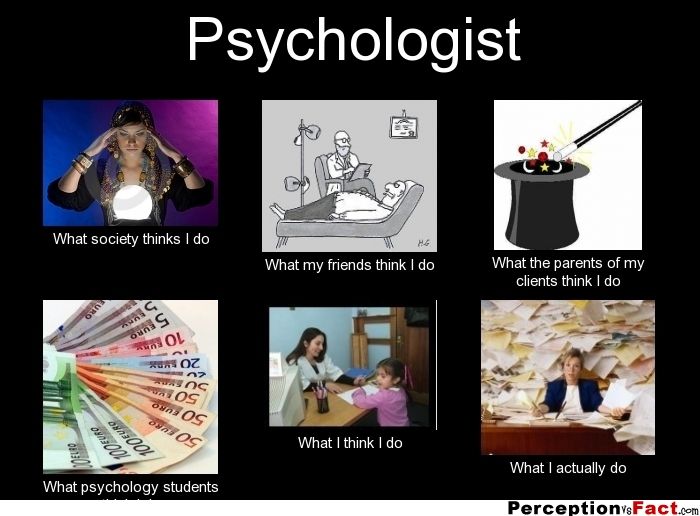
A good psychologist has come across a life situation like yours, so he roughly knows what the best solution would be. But sometimes it is important not to solve the problem, but to understand it. Understand where it came from, for what reason. If you analyze the problem correctly, then in 90% of cases the solution will come by itself. But usually, when the help of a psychologist is needed, the problem is so serious that a person simply cannot cope with himself, and, consequently, analyze the problem, look at it objectively. A psychologist will help you analyze your problem, so to speak, “sort it all out”, look at the problem objectively. This will help you find the right solution to the problem.
From all of the above, it follows that the help of a psychologist is not a ready-made solution to your problem, but help in finding a solution. But naturally, if the psychologist has already encountered a similar problem, he will tell you how to resolve the current situation.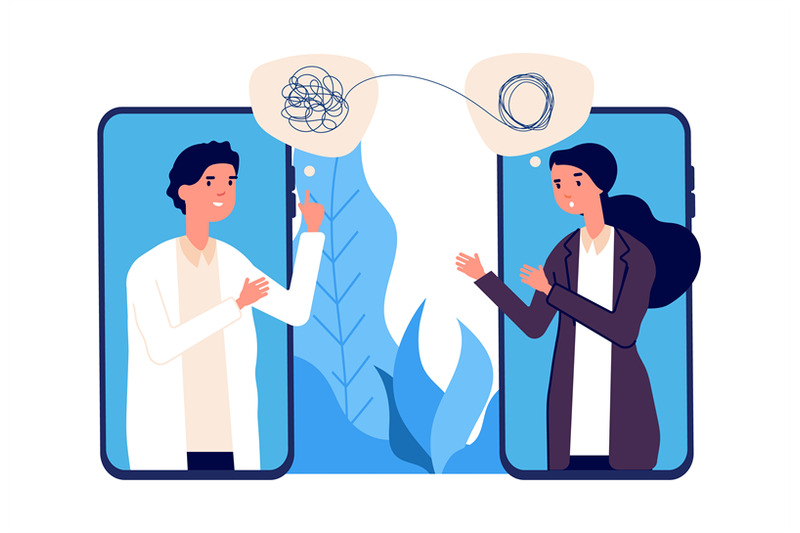 But usually any problem has a large number of solutions, but often only one, the most correct and suitable solution, which a person is not able to find on his own, can help.
But usually any problem has a large number of solutions, but often only one, the most correct and suitable solution, which a person is not able to find on his own, can help.
Also, if the psychologist failed to solve your problem, it will be possible to make amends for the moral injury, if any. Many, when trying to solve the problem on their own, exacerbate it so much that it is no longer possible to solve it. Even in this case, you need to seek the help of a psychologist, because he will tell you where you did wrong. He will help you avoid the same situation in the future and just talk heart to heart with you so that you calm down a little, since for many, severe moral trauma causes thoughts of trying to commit suicide. The psychologist will prevent it.
If you are not sure that you can solve your life problem on your own, then it is better to seek the help of a psychologist. He will help you solve it and understand it. After all, if you yourself take up the solution of the problem, you, most likely, will only spoil everything, and there will be at least some chance, at least some hope for a solution.
Psychological consultation - striving for excellence
Consultation with a psychologist becomes the first step, indicating a desire to change something in oneself, in personal relationships or professional activities. This step brings about change. If a person turns to a psychologist, then he realizes the need for changes in life, as well as the willingness to take responsibility for these changes.
Psychological counseling is a type of psychological assistance that is aimed at developing the client's abilities and capabilities to overcome various psychological difficulties. The consultation process can be limited to one consultation, or it can reach up to 10-15 meetings. During the first meeting, a lot of time is devoted to orienting in the life situation and the expectation of the client. As a result of the first consultation, as a rule, the client receives support, and the psychologist shows his vision of the situation or the client's condition.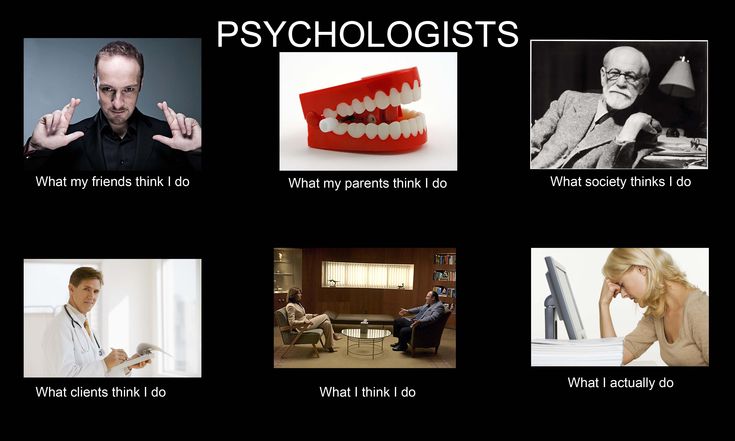 In order to take the problems seriously, you need to study them more carefully. Often a few consultations are enough to alleviate the emotional state of the client and help him become aware of his usual ways of responding to ongoing events.
In order to take the problems seriously, you need to study them more carefully. Often a few consultations are enough to alleviate the emotional state of the client and help him become aware of his usual ways of responding to ongoing events.
During the first meetings between the client and the psychologist, an emotional contact is established, as well as the necessary level of cooperation is formed and expectations and working conditions are discussed. For full-fledged work, the client needs a desire and readiness for change, regular visits to consultations, the ability to share experiences, and homework. At the same time, the psychologist must be able to listen without evaluating the client, accept and understand him. He also knows how to organize a conversation, as a result of which the client is aware of his difficulties and forms his own strategy for solving them.
Consultation with a psychologist will be useful for those adults who cannot cope with the difficulties that have arisen on their own.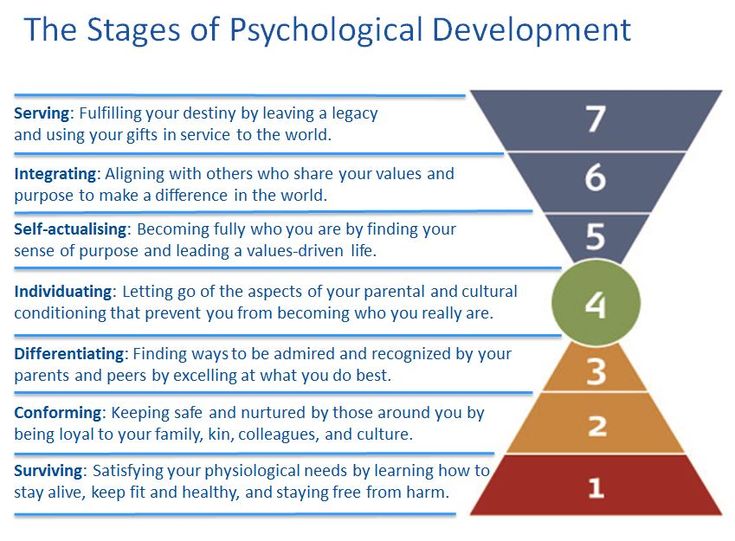 In addition, adolescents who feel misunderstood in the family and environment, who suffer from self-doubt, who have difficulty communicating with peers, etc., may need counseling. Also, consultations may be required for children who do not study well, often get sick, who have any fears, who cannot find friends or face other problems. For future spouses and families experiencing difficulties and conflicts in relationships with each other, parents and children, the help of a psychologist is no less useful.
In addition, adolescents who feel misunderstood in the family and environment, who suffer from self-doubt, who have difficulty communicating with peers, etc., may need counseling. Also, consultations may be required for children who do not study well, often get sick, who have any fears, who cannot find friends or face other problems. For future spouses and families experiencing difficulties and conflicts in relationships with each other, parents and children, the help of a psychologist is no less useful.
Self-psychological center - your support in solving psychological problems
Typical problems accompanying a psychological crisis are: the impossibility of planning ways to solve a life issue and the future, anxiety, fear, depression, obsessive thoughts, insomnia, despair, loneliness, guilt.
A person plunges into a "swamp" in this state. Attempts to extinguish fear with alcoholic beverages, suppress annoying thoughts with revelry, try to cure insomnia with coffee and cigarettes, lead to a further deterioration in the human condition, physical and psychological.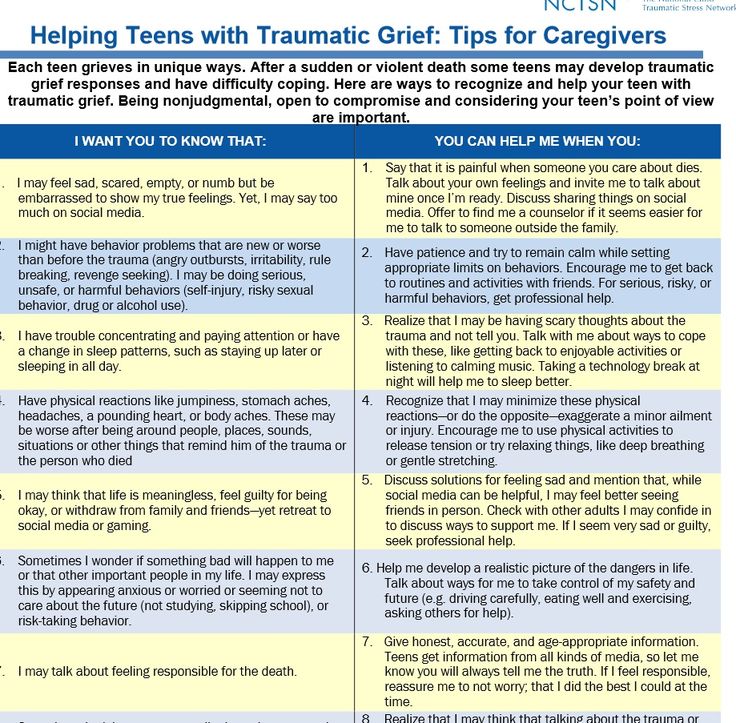 An attempt to conquer loneliness pushes into acquaintances full of risk, which can cause another injury. And often a person feels that the more he tries to get out of this state, the deeper he is drawn. This often leads to despair or even suicide. Why does this happen?
An attempt to conquer loneliness pushes into acquaintances full of risk, which can cause another injury. And often a person feels that the more he tries to get out of this state, the deeper he is drawn. This often leads to despair or even suicide. Why does this happen?
The solution is undoubtedly obvious - if a person wants to get out of a situation, it is necessary to rely on something reliable and solid. It is useless to pull out one leg, then the other without a fulcrum.
Finding a reliable and firm foothold means not being completely saved yet, but this is a real first step towards salvation. Salvation is generally impossible without support.
A psychological center can become such a support, where highly qualified psychologists will work with you to help you understand the crisis and find the right choice.
Let's give an example from life. One woman, abandoned by her husband, came to the psychological center in a state of severe depression. She saw absolutely no way out. The situation was aggravated by the fact that she was already over forty, there were no children. The last hope disappeared with the departure of her husband. The specialists of the center began to work and suggested to her that it was necessary to take a closer look at those around her and find those people, especially with children, who simply needed her help. After she began to help people, she herself sharply began to experience depression. At the moment, with her commercial structure, she has created a fund to help families of people with cancer.
She saw absolutely no way out. The situation was aggravated by the fact that she was already over forty, there were no children. The last hope disappeared with the departure of her husband. The specialists of the center began to work and suggested to her that it was necessary to take a closer look at those around her and find those people, especially with children, who simply needed her help. After she began to help people, she herself sharply began to experience depression. At the moment, with her commercial structure, she has created a fund to help families of people with cancer.
Heartache. There is no person who has not experienced it at least once in their life. Psychological help is a kind of cure for mental suffering, which you need to be able to use, and most importantly, understand in time that you need it.
Our internal state very often depends on the surrounding reality, on the situations that arise on our life path. Thoughts about the help of a psychologist may come to mind as a reflection of the needs to protect one's own soul or a lack of understanding of what is happening.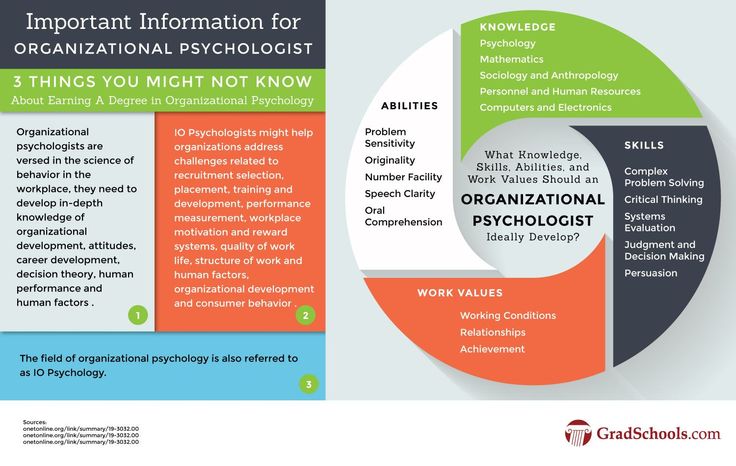 To think that everything will go by itself is rather presumptuous. Self-medication in this situation can only exacerbate the problems. Neuroses, phobias, fears, depressions - sometimes it is not possible to cure on their own, the problem is driven deep inside, returning with greater intensity. Alone through the wall you will not pass, you need to look for a way out. A psychotherapist's consultation is a joint search for a way out.
To think that everything will go by itself is rather presumptuous. Self-medication in this situation can only exacerbate the problems. Neuroses, phobias, fears, depressions - sometimes it is not possible to cure on their own, the problem is driven deep inside, returning with greater intensity. Alone through the wall you will not pass, you need to look for a way out. A psychotherapist's consultation is a joint search for a way out.
To survive any pain you need courage, to understand that you need the help of a psychologist, and to resort to it you also need to be a strong person. At a psychological consultation, a specialist does not solve the problem for you, he only directs you to make the right decision, he helps to understand and accept the situation. But the help of a psychologist sometimes destroys our illusions and many begin to defend themselves, trying to justify themselves, to protect themselves from unnecessary pain. You need to be prepared for the fact that the psychotherapist will not always support your particular position, will not always “pat you on the head”. Destroying our illusions, fears, phobias, thereby clearing the way for something new in our life, the psychologist helps to understand how to live further.
The result of "mental treatment" by a psychotherapist is a rethinking of life, a change in values, a change in attitude towards oneself and a change in attitude, sometimes even fatal illnesses can go away. It happens that a person overcomes difficult events without the help of a psychotherapist and returns to normal life without consequences. But there are other situations, psychological trauma is fixed and remains in the subconscious of a person, constantly painfully reminding himself of himself for many years. Pain can return in dreams, memories, images, obsessive states, etc. In this situation, a psychotherapist will help to detect and remove the cause of suffering, help to adapt, eliminate the negative influence, drive the problem out of the soul for the rest of life.
Are you concerned about this topic?
Let's discuss it together
Enter your phone number!
By clicking on the button you agree to the policy
You may also be interested:
Depression after the death of a husband
Losing a loved one is always very difficult.





